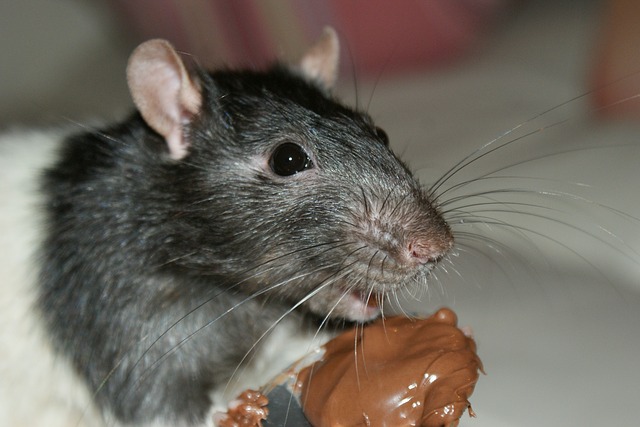The loss of a sense of smell seems to be a factor in preventing people from gaining weight, even if they eat fatty food, a new experiment conducted on mice concludes.
Researchers at the University of California, Berkeley, examined genetically altered mice for the study, Science reports. The team, headed by molecular biologist Andrew Dillin, gave the mice regular doses of the diphtheria toxin, which puts a temporary halt on odor-sensing neurons. This suppressed the mice’s sense of smell. Then they fed the animals either a normal diet or one made up of fatty foods – at least among mice – that generally lead to obesity.
After eating for three months on a regular diet, the mice with no sense of smell weighed slightly less than the mice that could still smell. As for the mice on a high-fat diet, the mice with suppressed odor senses weighed 16% less than the mice that could. The rodents that could smell also became obese.
In addition, losing their sense of smell caused already obese mice to drop weight.
However, the obvious explanation that the odor-deprived mice ate less turned out to be wrong. There was no difference in how much the mice ate, and the thinner mice weren’t getting more exercise. All the mice moved around their cages similarly.
Instead, the mice were thin because they burned more calories, specifically in their brown fat. Unlike the white fat that amasses in thighs and bellies, brown fat is created to produce heat through metabolism. Adult humans only have a small amount of brown fat, but rodents have plenty of it because it helps control their body temperature.
Dillin and colleagues found that brown fat was more active in the mice that could not smell, and white fat began acting like brown fat. He said,
They rewire their metabolic programming to burn more calories.
When a mouse can’t smell its food, it thinks it has eaten more than it has, triggering more energy use.
To test the results, the researchers used mice that had a sharper sense of smell, and followed their weight change. These mice became obese, but not because of food consumption. “There’s more to gaining weight than just eating food—it’s how you are perceiving the food,” Dillin said.
The study was published in Cell Metabolism.
























